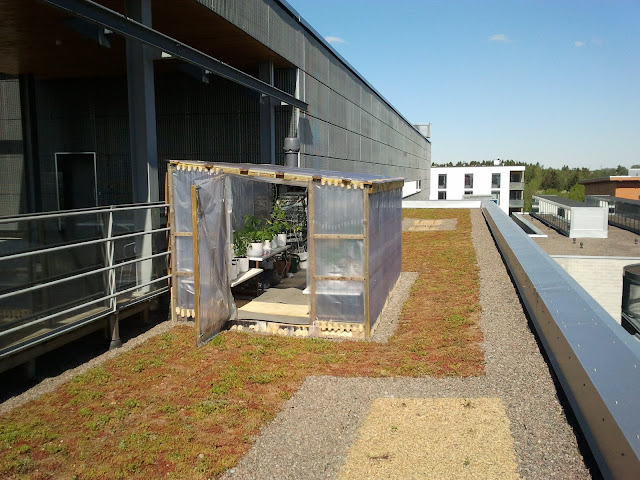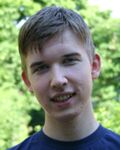International Master’s programmes a welcome challenge
The Department of Computer Science can face a new era next autumn, as two out of three specialisation programmes at the Master’s level are planning to adopt English as their teaching language. In future, the courses of Algorithms and machine learning as well as Distributed systems are considered to be given in English, while Software systems continues in Finnish.
Annually, only an estimated 60-70 students graduate as Masters from the Department of Computer Science, while nearly double that amount complete their Bachelor’s degree.
Since Finnish students do not continue to the Masters level, we wish to attract students from abroad by internationalising the teaching. With this reformation, it will be easier for them to attend lectures and exercise sessions instead of studying by themselves.
The goal is not to exclude Finnish students from their studies with a language barrier. The department hopes that most of the students will still be Finns in future. Perhaps some 25% of graduates could be foreigners.
- The larger number of Master’s students ensures that we can offer teaching based on research and a wider range of courses, says Hannu Toivonen, former chair of the department, who supported the reformation.
Jesse Lankila, student and in charge of studies in the student union TKO-äly, thinks the reformation is a good thing. He recommends that students try working in English.
- There are some who may experience difficulties when studying in English. If you are truly interested in a subject, I don’t think the language will pose any problems. The terminology in this field is mainly based on English, and in working life we will inevitably interact with foreigners, so I think it is a valuable experience for students to study in a foreign language and with people from other countries.
Lankila believes that the language change will diversify the teaching more and more.
- Teachers may come from other countries, and the department will gain more fame abroad if students graduate from here.
Though the teaching will be given in English, students will still be able to take separate exams in Finnish. Pirjo Moen, who has participated in the reorganisation, promises that there will still be seminars conducted in Finnish every year. Whether exercise sessions will be given in Finnish remains to be seen.
According to Moen, the internationalised Master’s programmes have attracted attention already, as witnessed by the increasing number of applications.
- Studying and teaching in English is a challenge that we may all benefit from.
by Viivu Toikka


